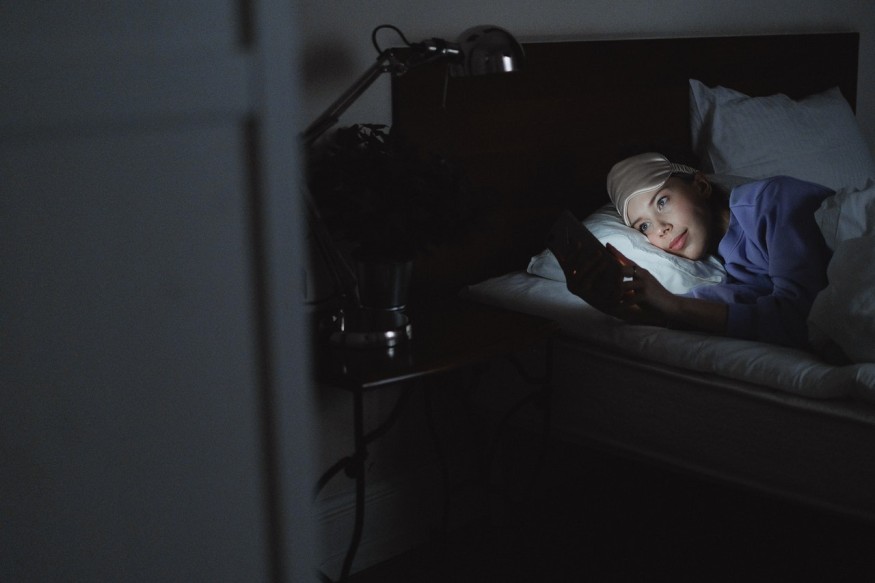Waking up at 3 a.m. is being experienced by many people, and due to the power of social platforms, the phenomenon has been confirmed by much more. Being disturbed by unknown reasons at 3 o'clock in the morning had been a widespread experience, especially throughout the months after pandemic surge. Waking at 3 AM can be experienced while an individual is asleep, or even by people who are having a hard time getting on retiring themselves to bed. Today, the event is heavily correlated with what people dubbed as '3 AM thoughts.'
Why Do We Wake Up at 3 a.m. with Random Thoughts?

Some of the thoughts when we are awake at 3 in the morning are often random. On some days, the thoughts bring excitement, and sometimes, it gets a bit disturbing. Either way, the thoughts serve as a barrier to a good night's sleep. 3 AM thoughts often disrupt our mind from resting and seemingly punishes us for nothing. Waking up at the specified time just fuels our irrational cognition and usually leads to unproductive behavior in other tasks we are supposed to face.
Swinburne University of Technology's Centre for Mental Health expert and director Greg Murray shared a detailed explanation as to what really happens in our brain when we are awake at 3 AM, and how does it affect our overall mental fitness. Murray is also a specialist in the field of sleep, mood, and internal sleep regulation called the circadian rhythm.
Studies show that at around 3 to 4 in the morning, neurobiology hypes up its activity and reaches its peak whenever an individual gets a normal night's sleep. During this phase, temperature increases throughout the core body, allowing the sleep drive to gradually mellow down after a full relaxation upon sleeping. At the same time, the sleep hormones called melatonin are peaking at this stage, and the stress hormones known as cortisol begins to warm up the body for the next day to come.
Murray said in a Science Alert report that the collective neurobiology activities that take place during 3 a.m. can go through their processes regardless of the affecting factors from the surrounding environment like soft sunrays during dawn. The aspect does not really affect how the neurobiology acts up at 3 AM. as the sunrise and sunset were naturally encoded to our brains already.
ALSO READ : Mouse Learning Ability Helps to Specify Brain Lobes that Stores Knowledge and Semantic Memories
3 AM Disturbance and COVID-19 Pandemic
The expert added that humans wake up unknowingly each night. Moreover, light sleep is more likely to happen during the second half of our sleeping time. People who sleep at the right time and have good sleeping conditions unconsciously experience these interruptions, compared to the people who sleep with just a little amount of stress occupying their minds. Stress is among the most common factor as to why some of us wake up at 3 a.m. with a fully aware state of mind.
In addition, some studies connect the increase of frequent sleeping disturbance to the COVID-19 pandemic. The global health concern is found to be a strong sleep-disturbing stressor. An individual who wakes up at 3 a.m. on consecutive days throughout the pandemic is probably not alone because many reported the same experience. The study was published in the journal Elsevier Public Health Emergency Collection, titled "The acute effects of the COVID-19 pandemic on insomnia and psychological symptoms."
Check out more news and information on Neurology in Science Times.












